Arts and Humanities
Explore Arts and Humanities
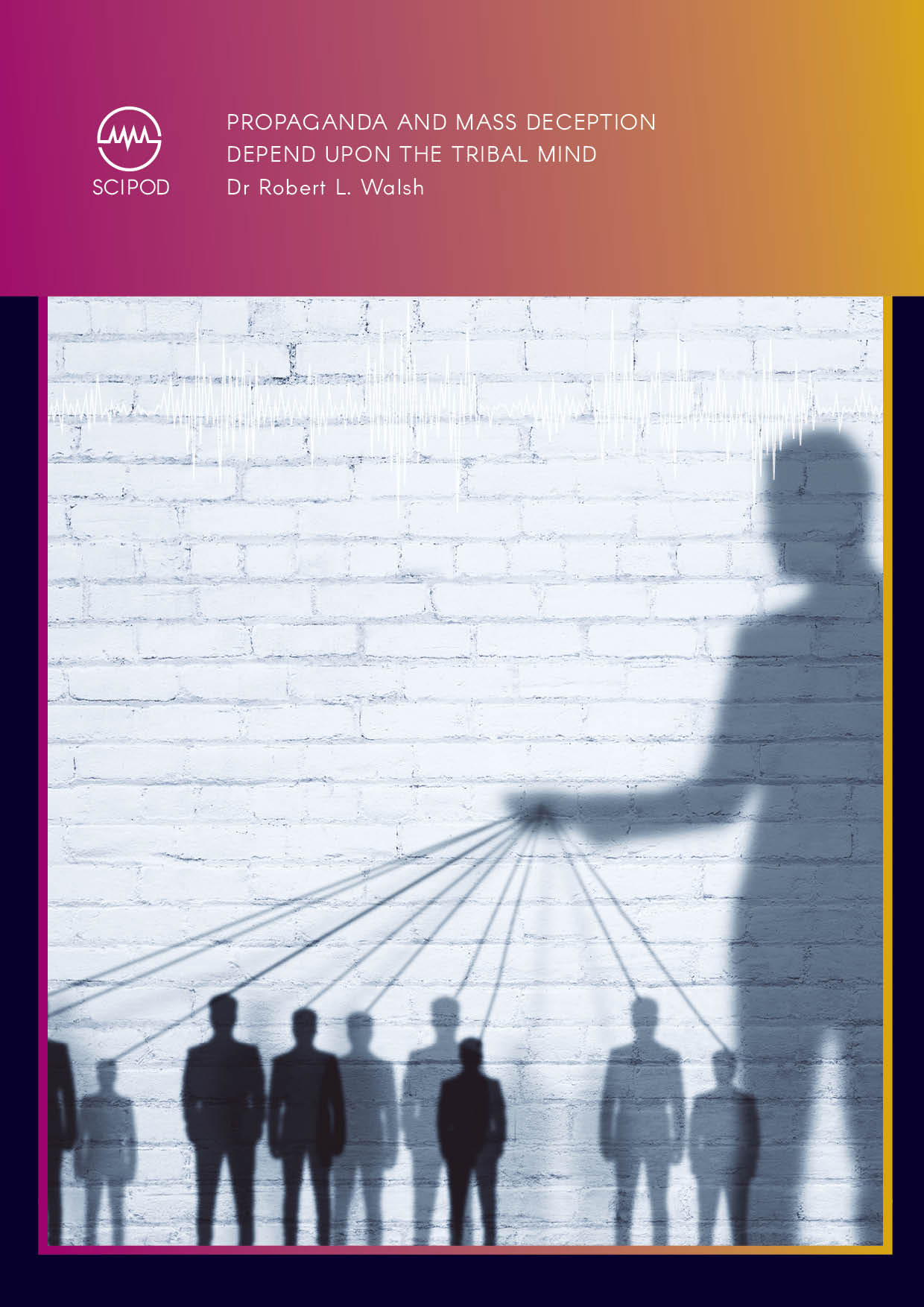
Dr Robert L. Walsh | Propaganda and Mass Deception Depend Upon the Tribal Mind
Propaganda is the systemic use of language with the intent to brainwash rather than to persuade. It has the subtle but pervasive power to ensnare an entire populace toward a predetermined attitude or outlook. Deceptive communication is now commonplace in this information age. Dr Robert L. Walsh recently examined how propagandists bend language for mass deception. He argued that what makes propaganda so insidious is a vestige of our prehistoric past – the Neolithic or Tribal mind.
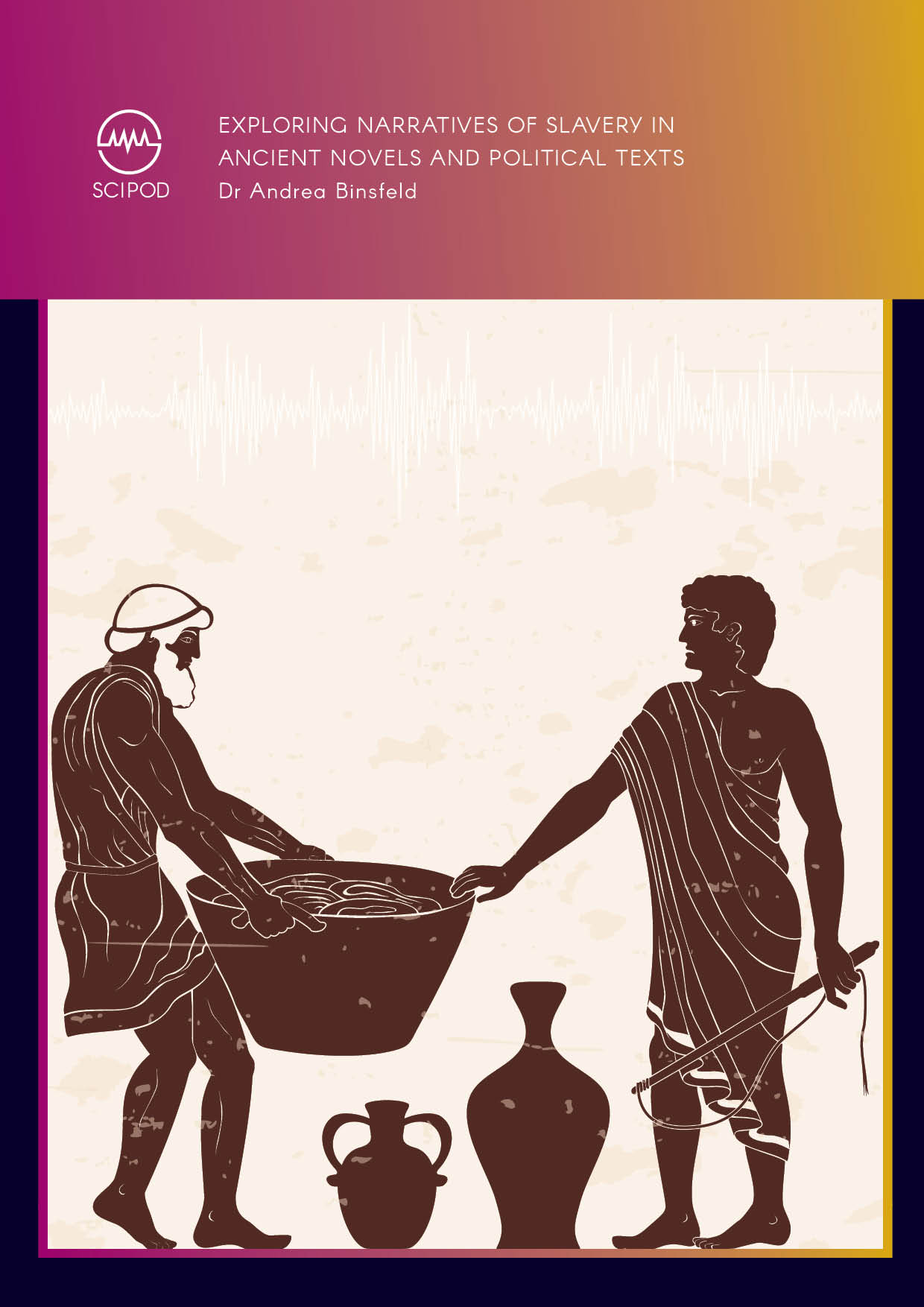
Dr Andrea Binsfeld | Exploring Narratives of Slavery in Ancient Novels and Political Texts
The perspectives and characteristics of specific historical periods are often reflected in the literary texts produced and circulated at the time. Dr Andrea Binsfeld, an Associate Professor at University of Luxembourg, has conducted several studies examining narratives of slavery in ancient texts, including novels and political discourses. Her analyses outline, from a different perspective, the deep impact that the institution of slavery had in Greek and Roman societies.
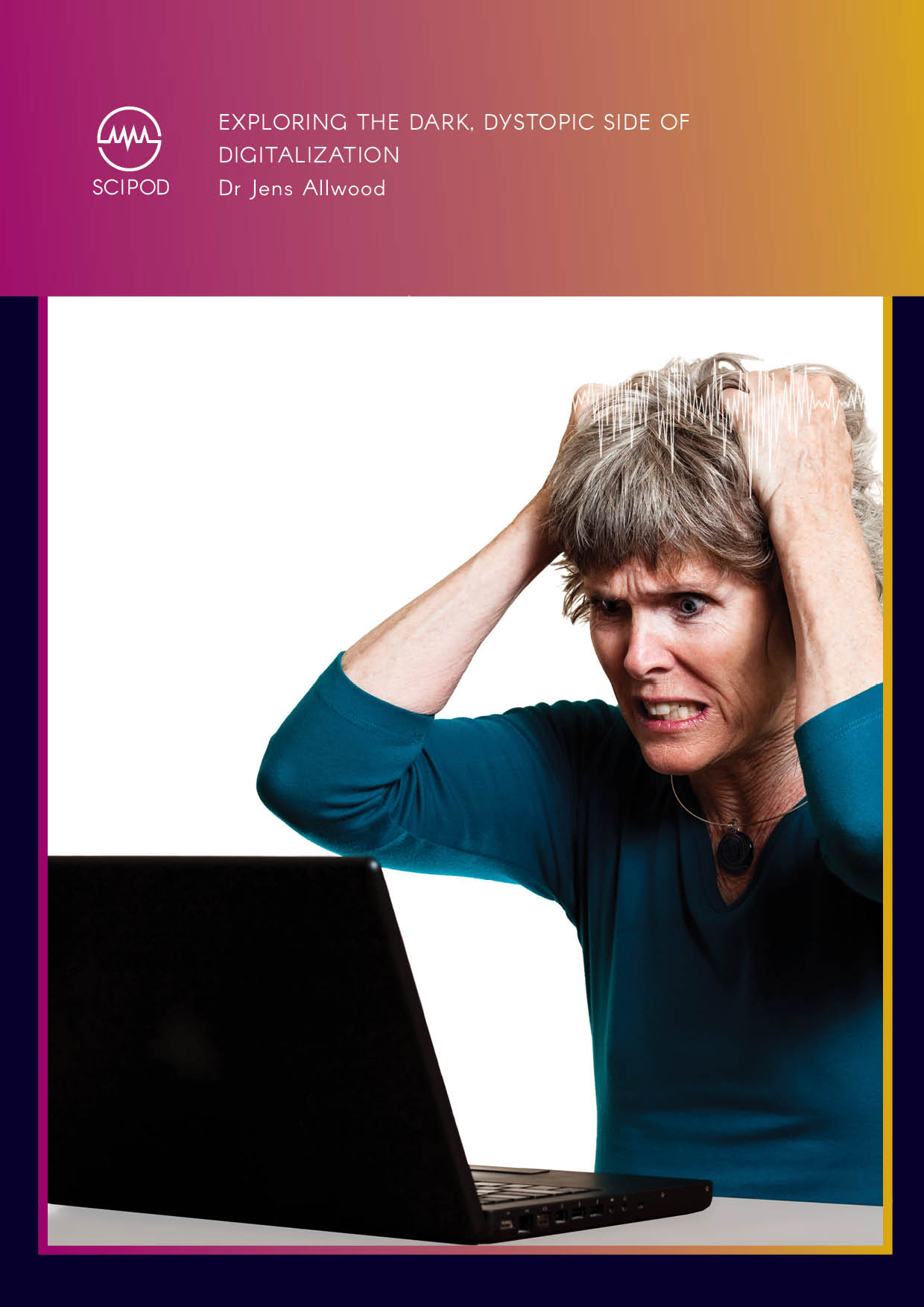
Dr Jens Allwood | Exploring the Dark, Dystopic Side of Digitalisation
Over recent decades, the use of digital technologies has increased exponentially worldwide, bringing significant changes to daily life. Like most societal transformations, this process of ‘digitalisation’ has had both positive and negative aspects. Dr Jens Allwood, Professor Emeritus at the University of Gothenburg, has recently published a paper exploring some of the darker elements of digitalisation, particularly focusing on its tendency to dehumanise our daily activities.
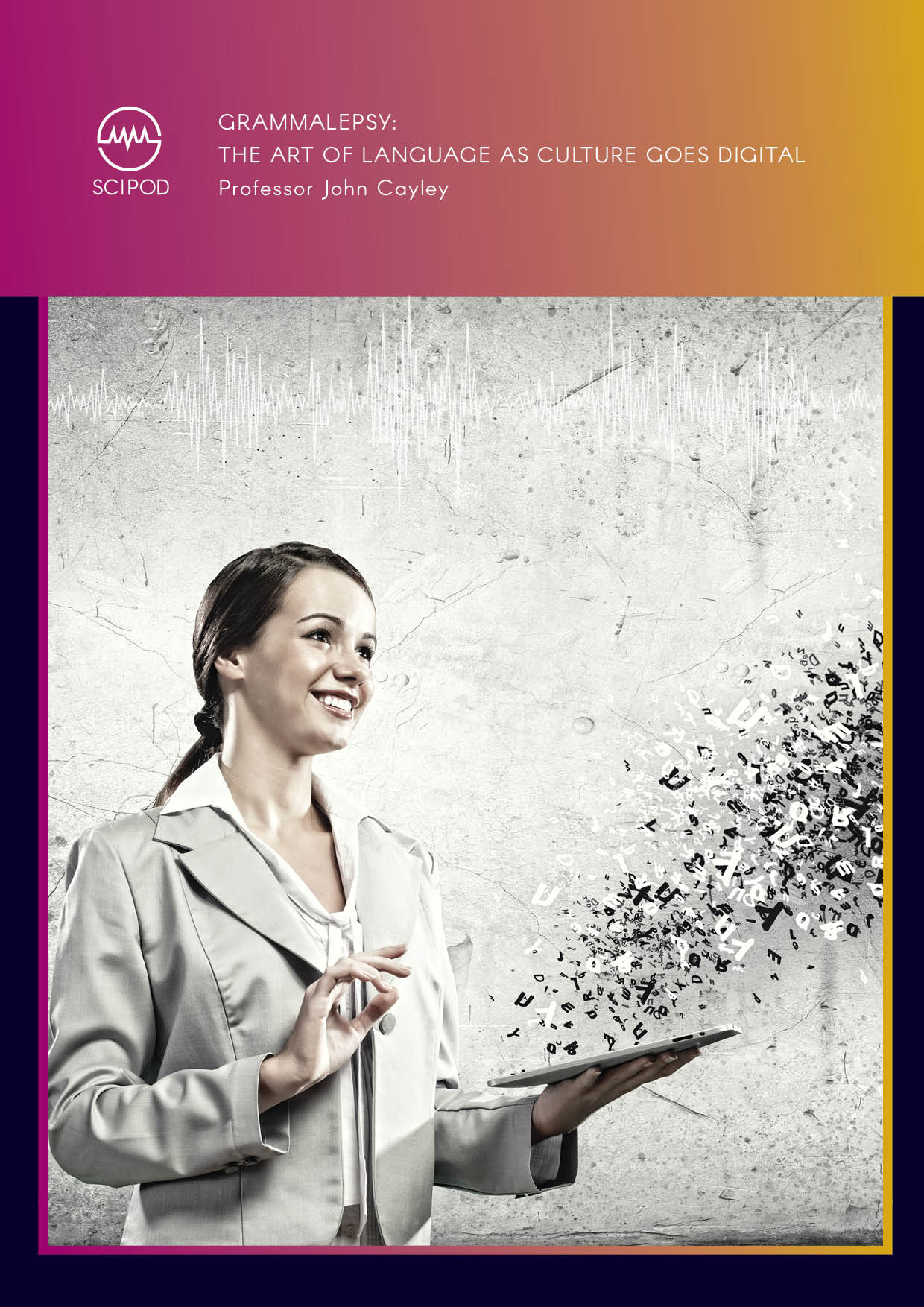
Professor John Cayley | Grammalepsy: The Art of Language as Culture Goes Digital
The term literature refers to a wide and diverse range of work, including novels, poems, plays, and essays. While literary experts agree that all literature is composed of language, they often argue about which texts can or should be considered as a part of the literature that we value. In recent years, technological advances have led to the creation of innovative works that merge language with digital media, state-of-the-art technologies and computation itself. In a fascinating book called Grammalepsy, Professor John Cayley of Brown University introduces a new theory of aesthetic linguistic practice that could shed new light on digital literature or, more comprehensively, language art.
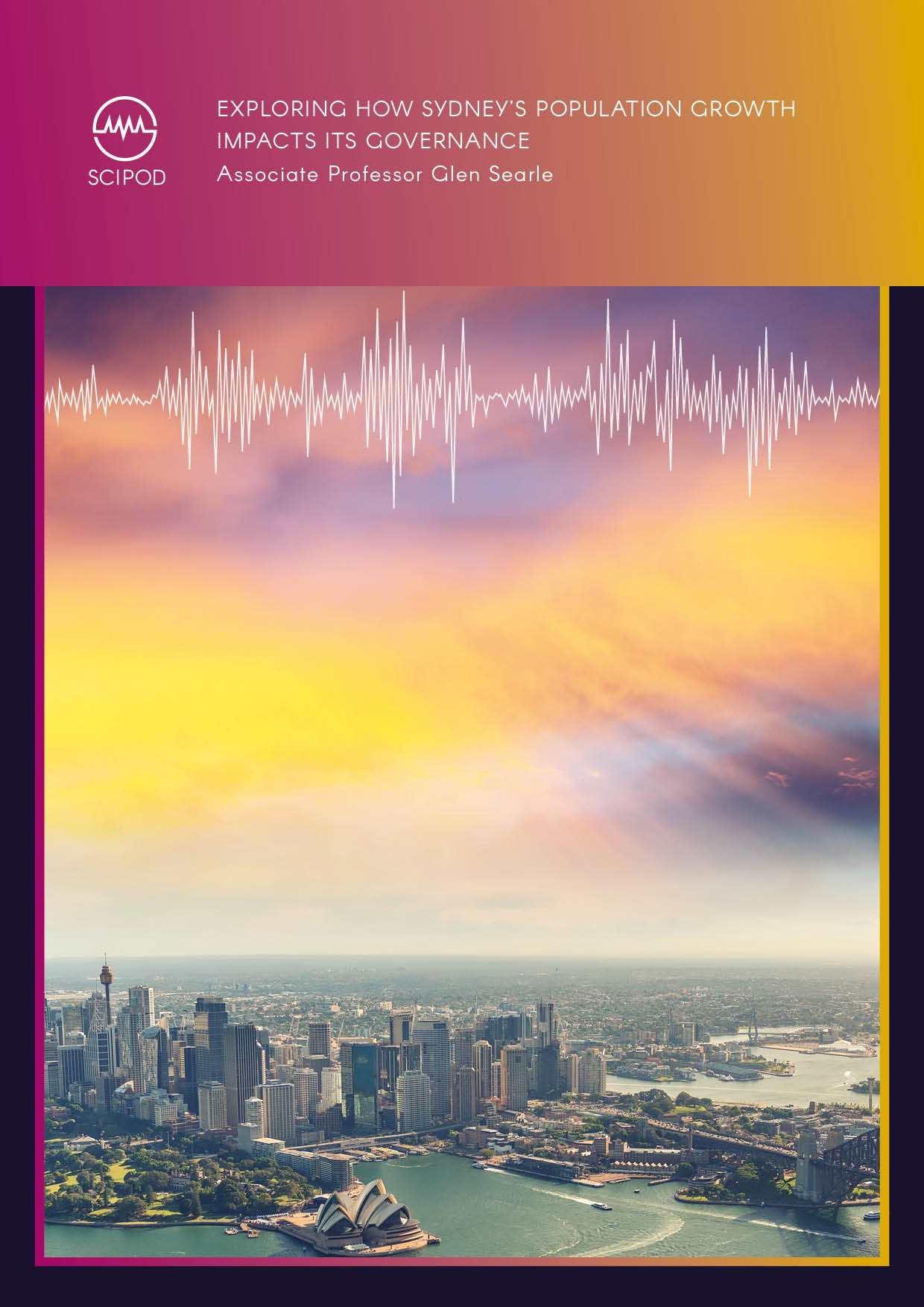
Associate Professor Glen Searle | Exploring How Sydney’s Population Growth Impacts Its Governance
Rises in population and demographic changes can have significant effects on the development and governance of urban environments. Associate Professor Glen Searle of the University of Sydney recently published a paper that highlights the ways in which Sydney’s rapid population growth is supported by national immigration targets and the state government’s desire to keep Sydney ahead of other Australian cities as a global city. This population growth then drives important governance decisions at state and national levels, particularly relating to development. By prioritising rapid dwelling construction to accommodate Sydney’s rising population, but lacking adequate funding for new transport, the state government has had to reduce checks and balances needed for more democratic planning and sustainable development.
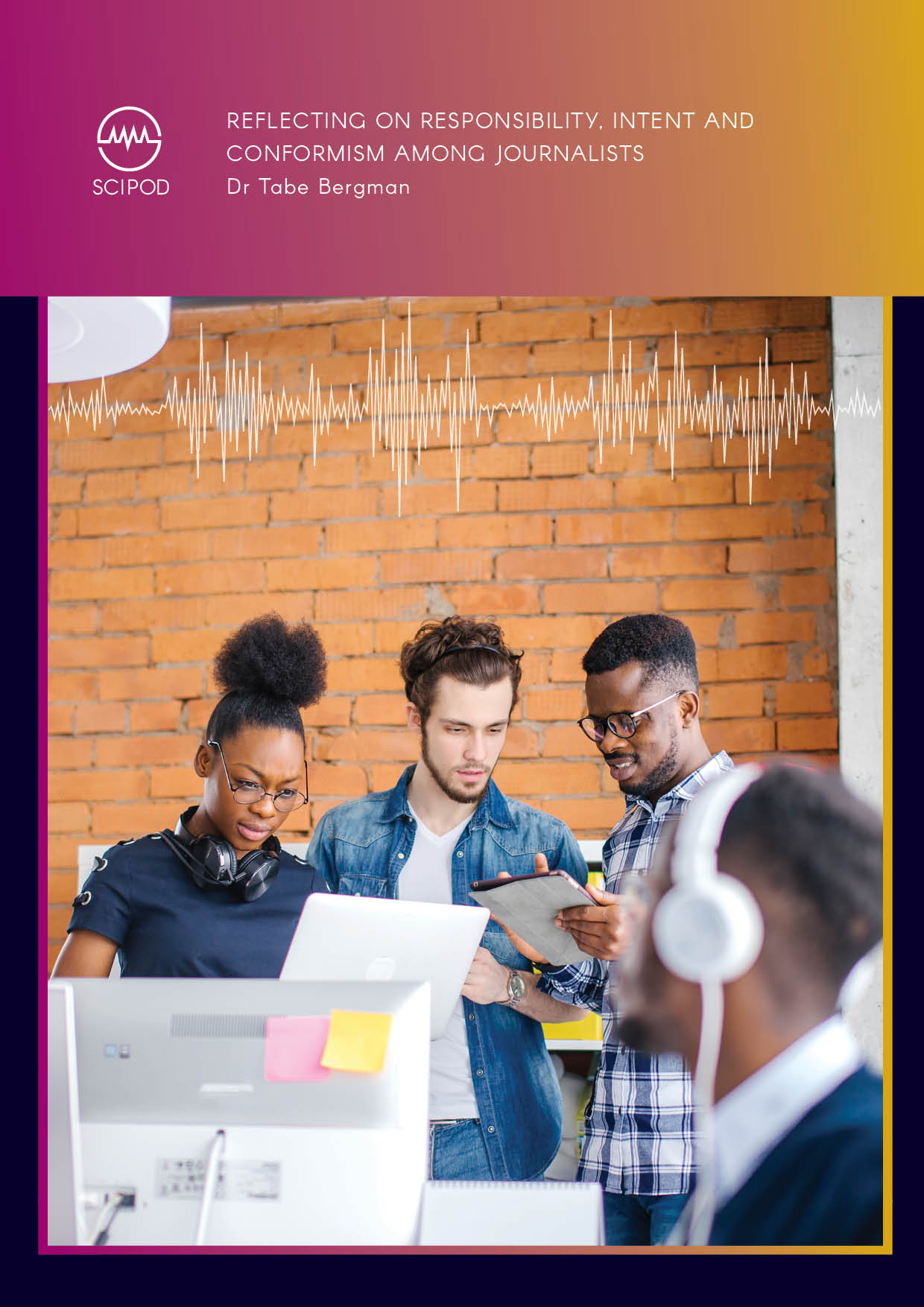
Dr Tabe Bergman – Reflecting on Responsibility, Intent and Conformism Among Journalists
Herman and Chomsky’s propaganda model is among the most renowned academic contributions to the study of journalism. Although it offers valuable insight into news content and how the media industry operates, it mostly ignores an important step in the production of news: what happens in the newsroom. Dr Tabe Bergman, an Assistant Professor at Xi’an Jiaotong-Liverpool University and Deputy Head of the University’s Media and Communication department, recently assessed practices in the newsroom, with the aim to supplement the propaganda model.
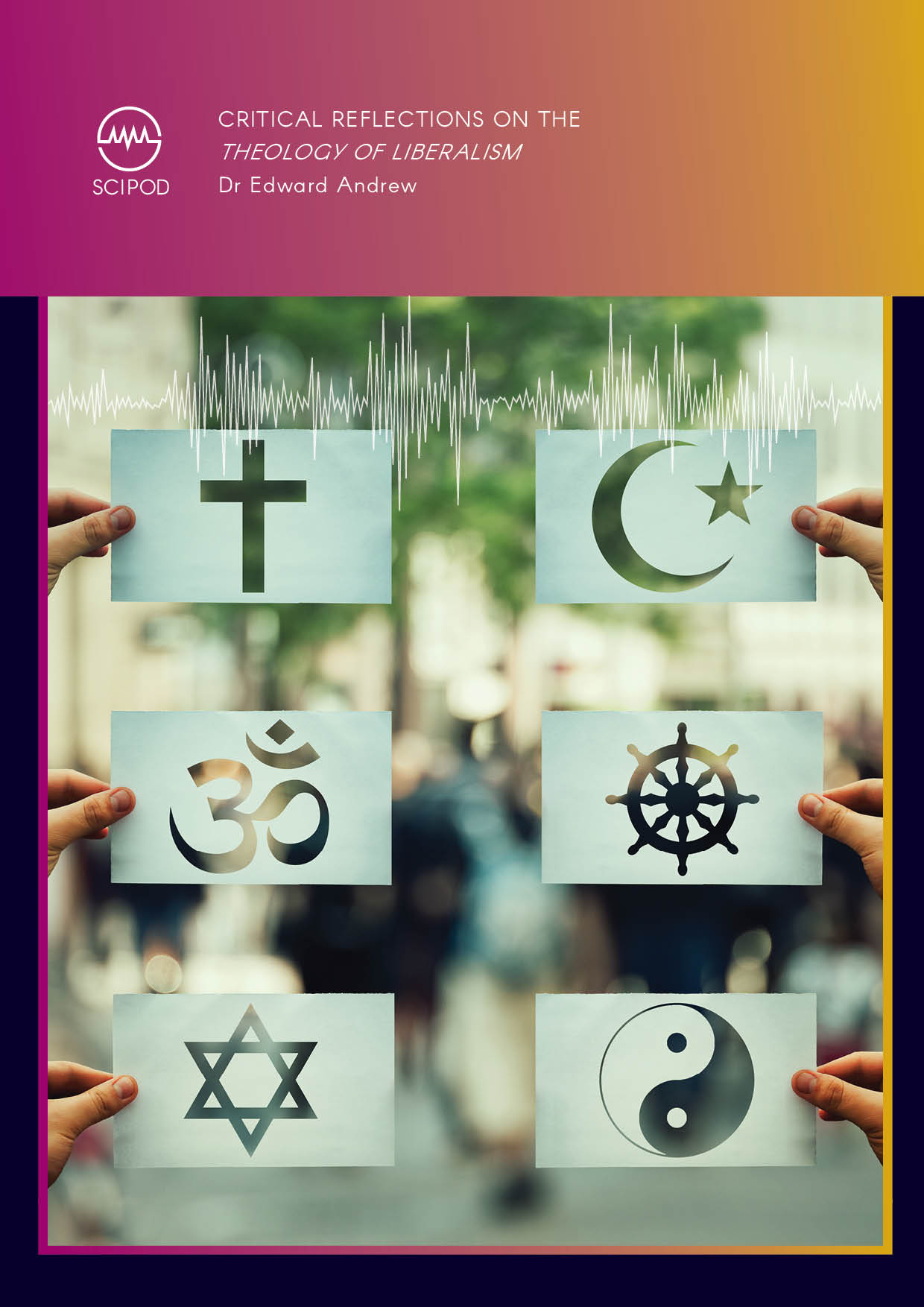
Dr Edward Andrew – Critical Reflections on The Theology of Liberalism
Dr Eric Nelson, a political theorist and Professor of Government at Harvard University, recently published a book entitled ‘The Theology of Liberalism: Political Philosophy and the Justice of God’. In this book, Nelson argues that liberal traditions in politics are ultimately a product of ancient theological disputes about freedom of the will. Dr Edward Andrew, a Professor Emeritus at University of Toronto, recently published a paper that questions some of the ideas introduced by Nelson in his recent work. His paper highlights the failure of Nelson’s ideas to reconcile differences between Christians and Jews or provide for religious toleration. Andrew also suggests that a liberalism based on utility rather than individual rights, or what Nelson calls ‘dignitarian liberalism’, would be less likely to generate social inequities.
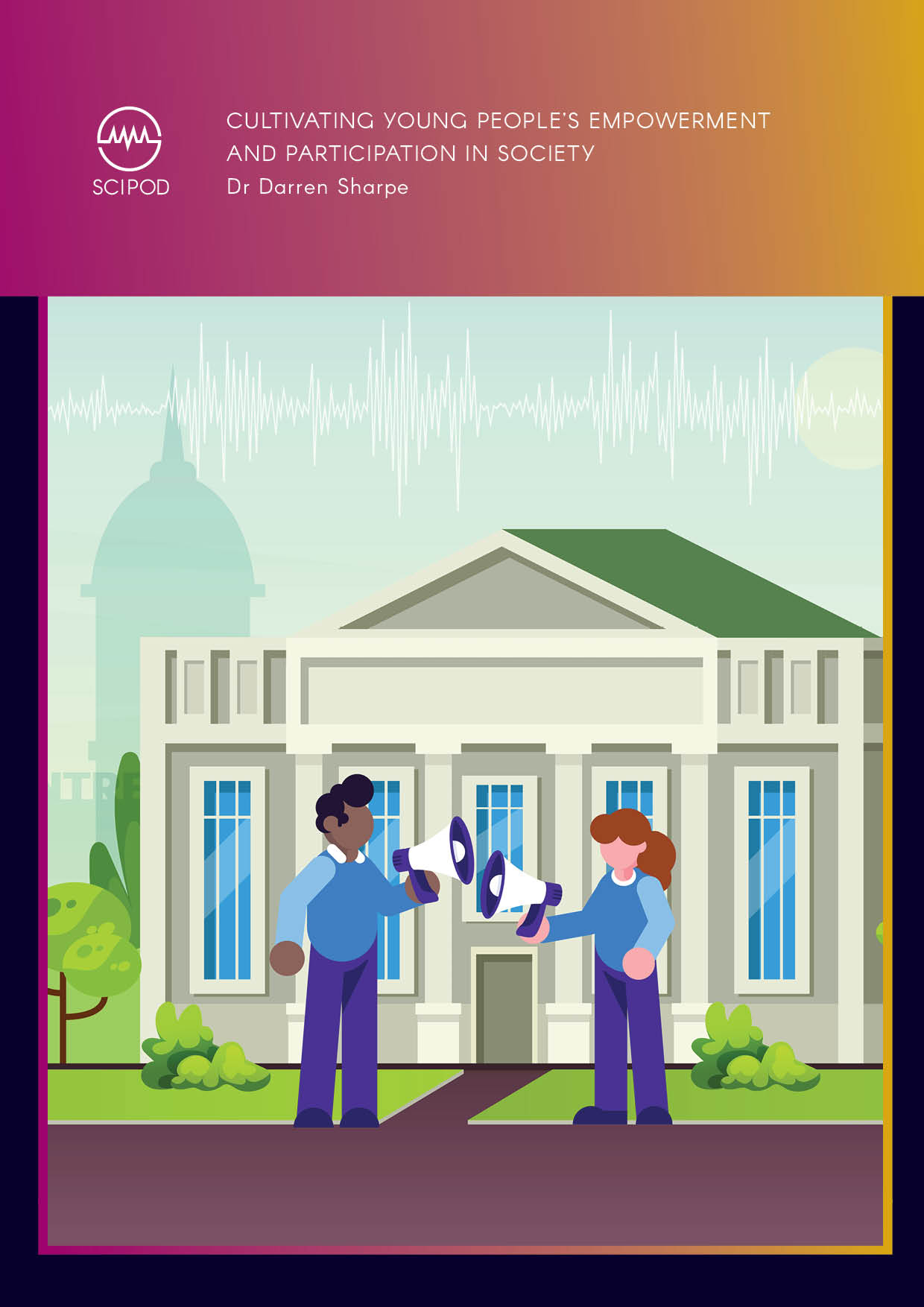
Dr Darren Sharpe – Cultivating Young People’s Empowerment and Participation in Society
Young people are central to a country’s growth and development, as they bring fresh perspectives and innovation. However, the path towards gaining full inclusion in society can be arduous for many youths, particularly those from marginalised and disadvantaged backgrounds.
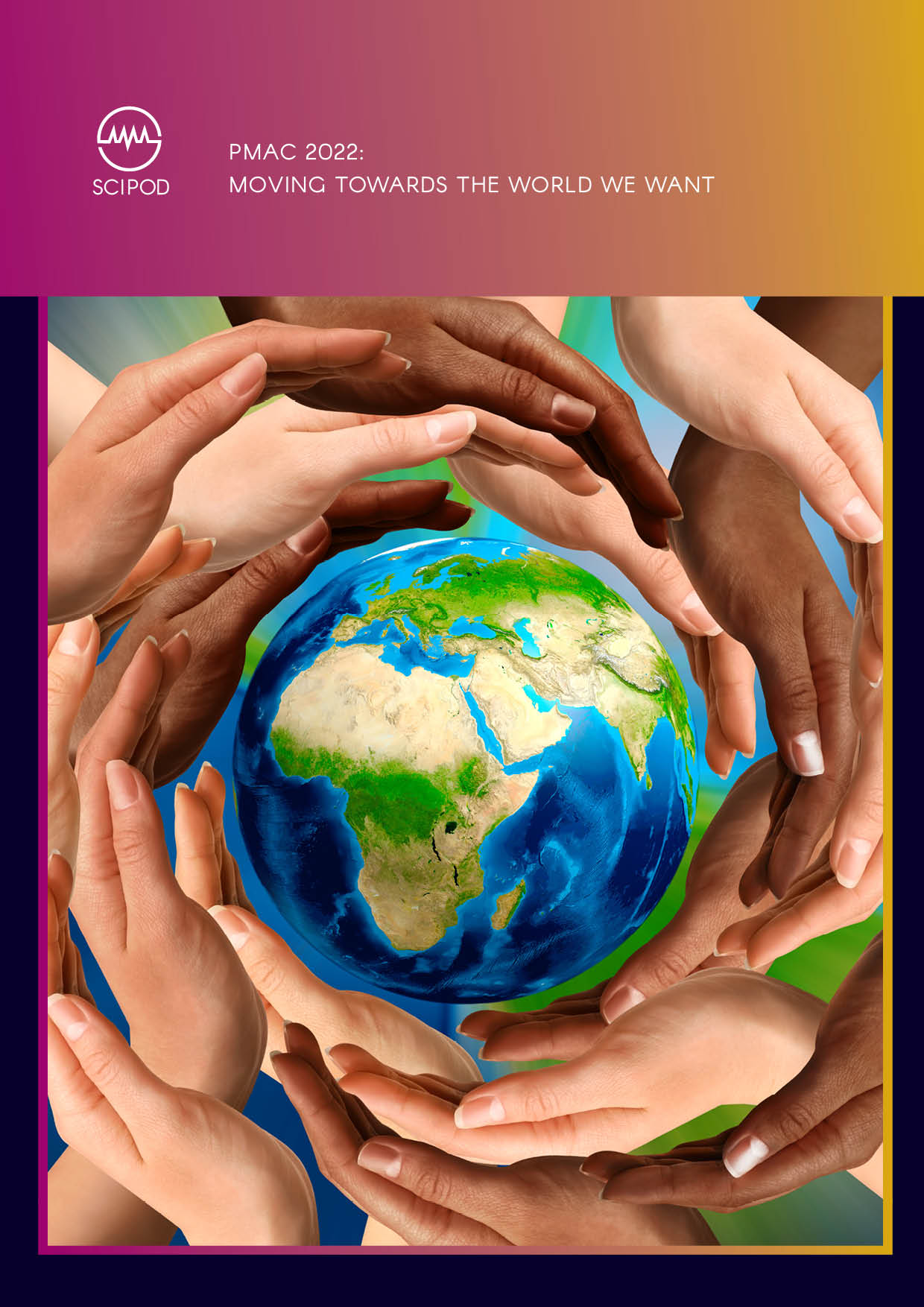
The 2022 Prince Mahidol Award Conference: Building the World We Want
Humanity is facing many challenges, ranging from COVID-19 to climate change, and from natural resource depletion to social inequity. The Prince Mahidol Award Conference is an annual event held in Bangkok, where leaders and experts meet to discuss global challenges. This year, the theme was ‘The World We Want: Actions Towards a Sustainable, Fairer and Healthier Society’.
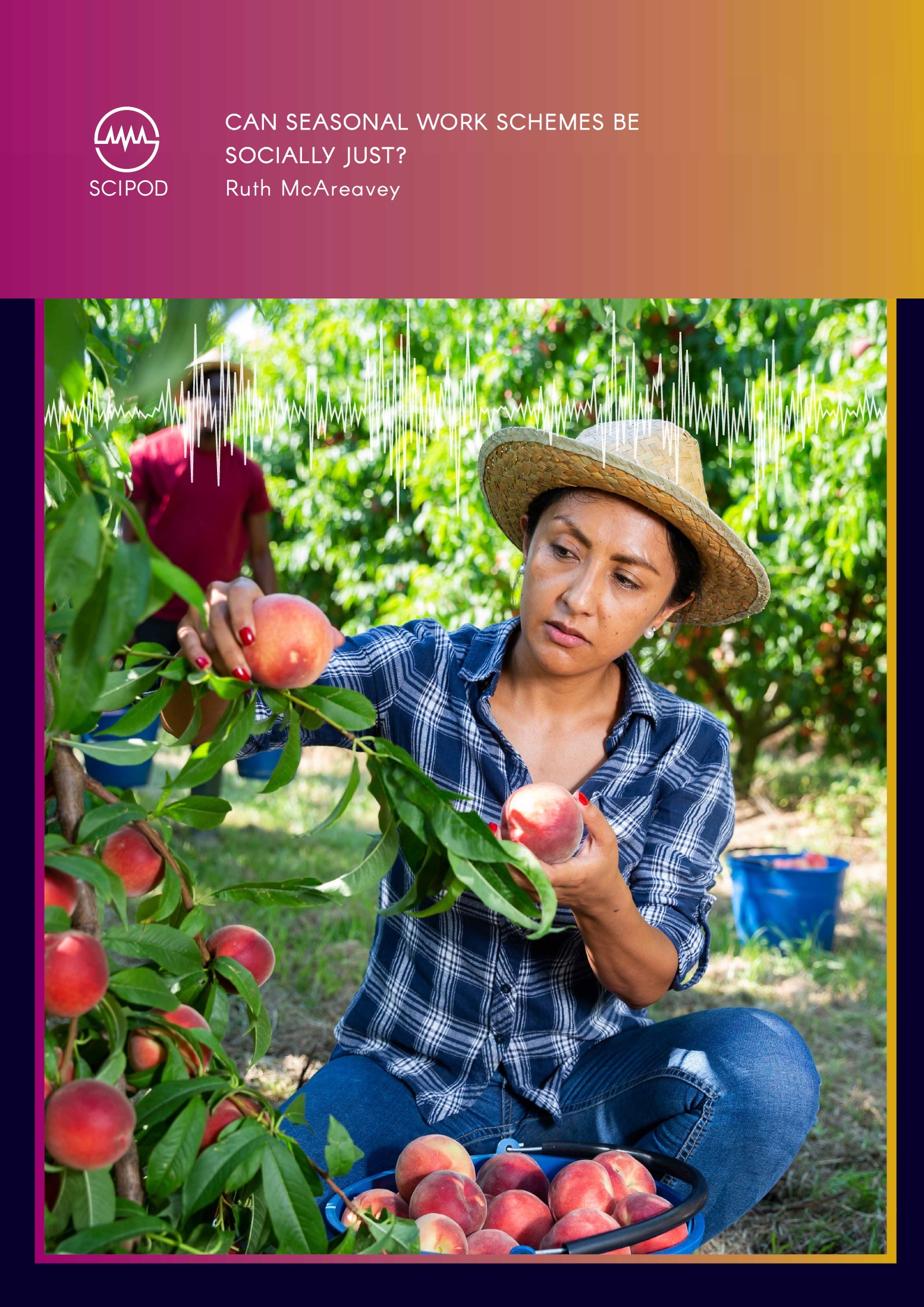
Can Seasonal Work Schemes Be Socially Just? | Ruth McAreavey
Seasonal workers often fill temporary positions that are poorly paid and commonly deemed undesirable by residents. While seasonal work schemes can benefit both employers and the local economy, they often fuel the uneven economic participation and marginalisation of migrants. Professor Ruth McAreavey of Newcastle University recently published a paper outlining issues that should be addressed if seasonal worker schemes are to achieve social justice.
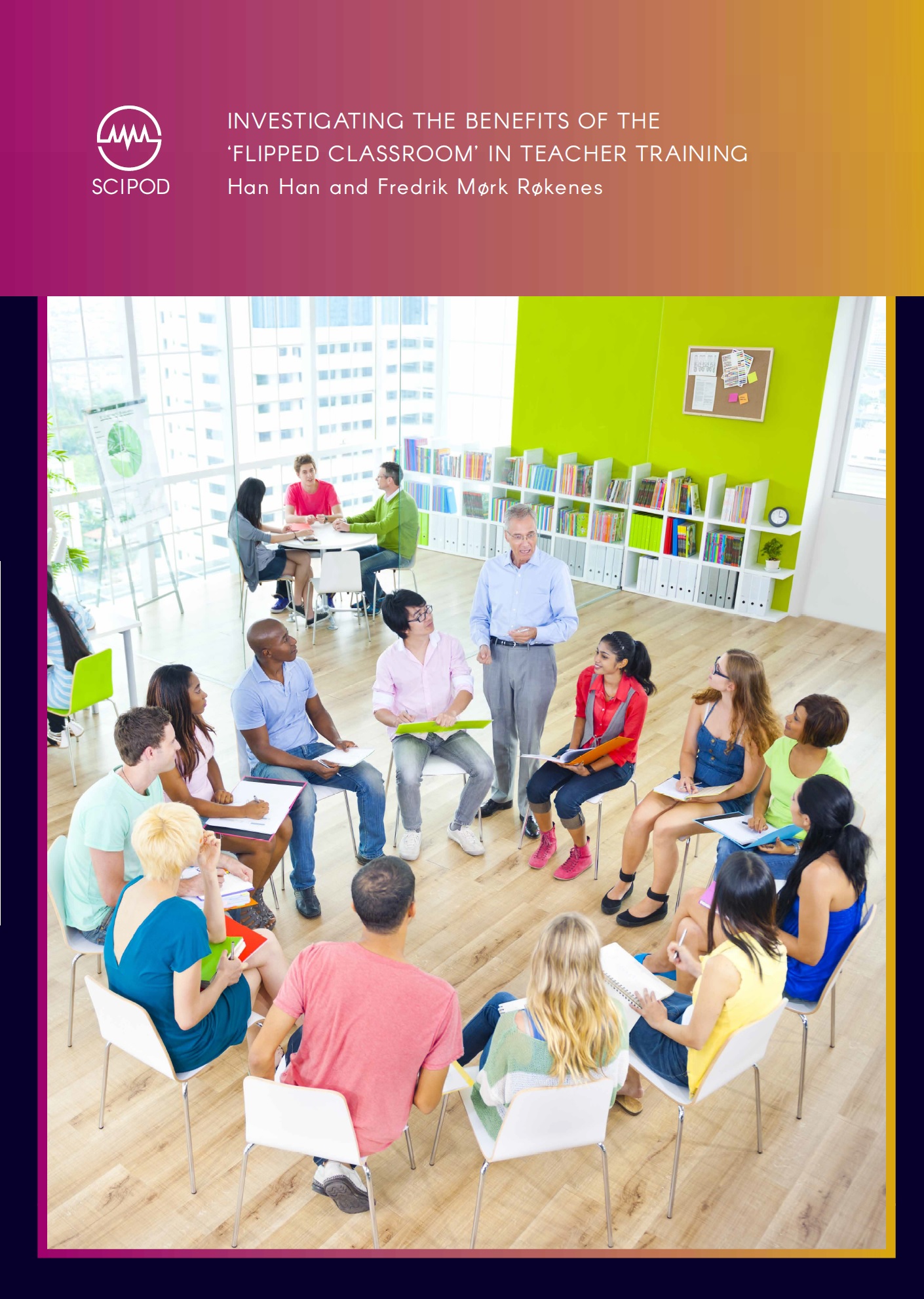
Han Han and Fredrik Mørk Røkenes – Investigating The Benefits Of The ‘Flipped Classroom’ In Teacher Training
The ‘flipped classroom’ is an innovative educational approach that emphasises active learning, with the aim of increasing student engagement and academic performance. While educators in numerous disciplines have recently started experimenting with this approach, there is still a lack of solid research assessing its effectiveness in the field of teacher education. To fill this gap, Han Han and Fredrik Mørk Røkenes of the Norwegian University of Science and Technology have recently examined a multitude of studies focusing on flipped classroom approaches in teacher training environments.

PMAC 2022: Moving Towards the World We Want
The Prince Mahidol Award Conference (PMAC) is an annual event held in Bangkok, at which humanitarian leaders and experts in various disciplines meet to discuss global challenges, including health crises and climate change. This year, the conference ran from the 25th to the 29th of January, featuring seven sessions with international speakers. The theme of PMAC 2022 was ‘The World We Want: Actions Towards a Sustainable, Fairer and Healthier Society’. This article highlights some of the main global issues and megatrends discussed at the conference.

Professor Penelope Corfield | Key Changes in Daily Greetings in 18th Century Britain
In 18th century Britain, the old tradition of deep bowing and curtseying as a form of greeting slowly evolved into a brief touch of the cap or head (for men), or quick bob of the body (for women). Simultaneously, a new form of urban greeting was emerging: the handshake. How and why did the handshake gain such popularity, becoming our most standard greeting today? This phenomenon is explored in a new essay published in the journal Urban History and authored by Professor Penelope Corfield of London University.
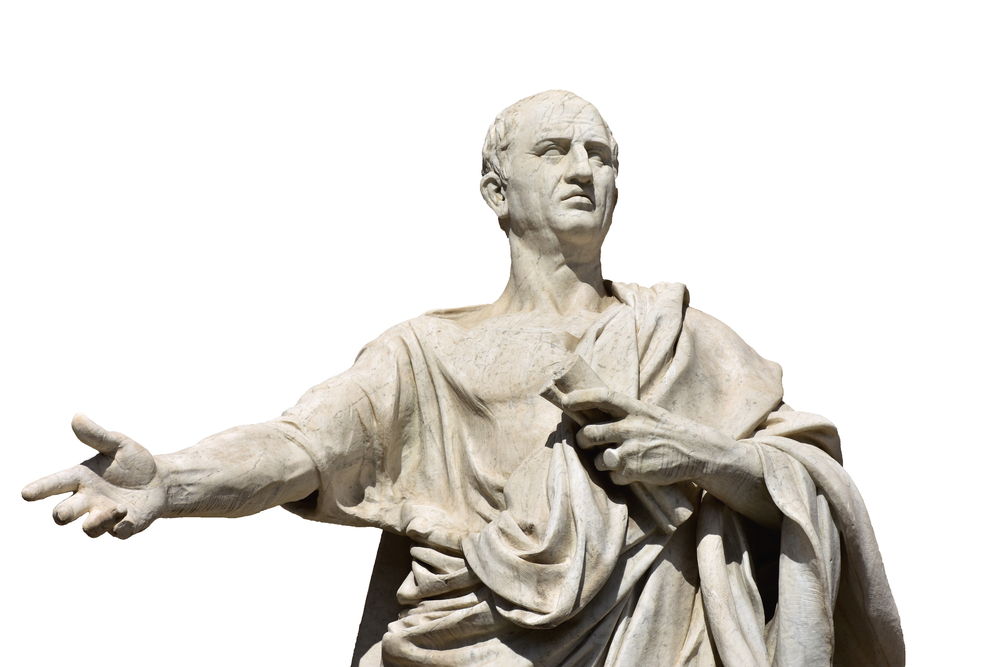
Dr Ceccherini-Nelli | What Makes Great Orators’ Speeches Effective and Persuasive?
Since ancient Greek civilization, we have sought to identify what makes some people more effective and persuasive orators than others. Studies have suggested that this might be related to rhythmic patterns in certain speech, but evidence is limited. Dr. Ceccherini-Nelli of the University of Alberta conducted a study with his colleagues to explore this. They looked at the patterns present in political speeches and conducted experiments to determine their effects.

Professor Pei Wang | Defining AI to Ensure Effective Research and Policymaking
Artificial intelligence – or AI – is receiving increasing attention for its rapid development and potential to change society. Researchers are working hard to develop its capabilities, while regulators are racing to ensure it is managed and governed properly. But what do we mean by AI, and how can we define such a complex term? In a recent paper, Professor Pei Wang at Temple University argues that the lack of an agreed definition makes it difficult for policymakers to assess what AI will be capable of in the near future, or even which kinds of AI are desirable. To combat this, he discusses what makes a robust definition, and suggests his own.

Professor Ann Nevile | What Evidence Do Policymakers Need to Make Robust Decisions?
Policy decisions are influenced by many factors, from the ideology of the policymaker and their advisors to political expediency. Most would also agree that key political decisions should be evidence-based. However, this is easier said than done. Understanding what evidence policymakers need, and how they should evaluate this, is key for more robust decision-making.

Professor Andrea Nanetti | Heritage Science: Seeing Beyond What Is Thinkable to Address 21st Century Challenges
The United Nations’ 17 Sustainable Development Goals outline the massive challenges humanity must face to survive on Planet Earth in the 21st Century. All knowledge and experiences accumulated by human societies across time and space could be essential to address these grand challenges. Thus, we should find a way to make this knowledge readily available wherever and whenever decision-makers, heritage stakeholders, and scholars might need it. Professor Andrea Nanetti, an award-winning and internationally recognised expert in Digital Humanities, recently published an open-access paper exploring the opportunities and challenges of using artificial intelligence and machine learning algorithms to leverage human heritage and empower societies to see beyond what is thinkable.
Increase The Impact Of Your Research!
Explore partnership opportunities
Unwind without the hassle. Enjoy fresh audiobooks, delivered free!
